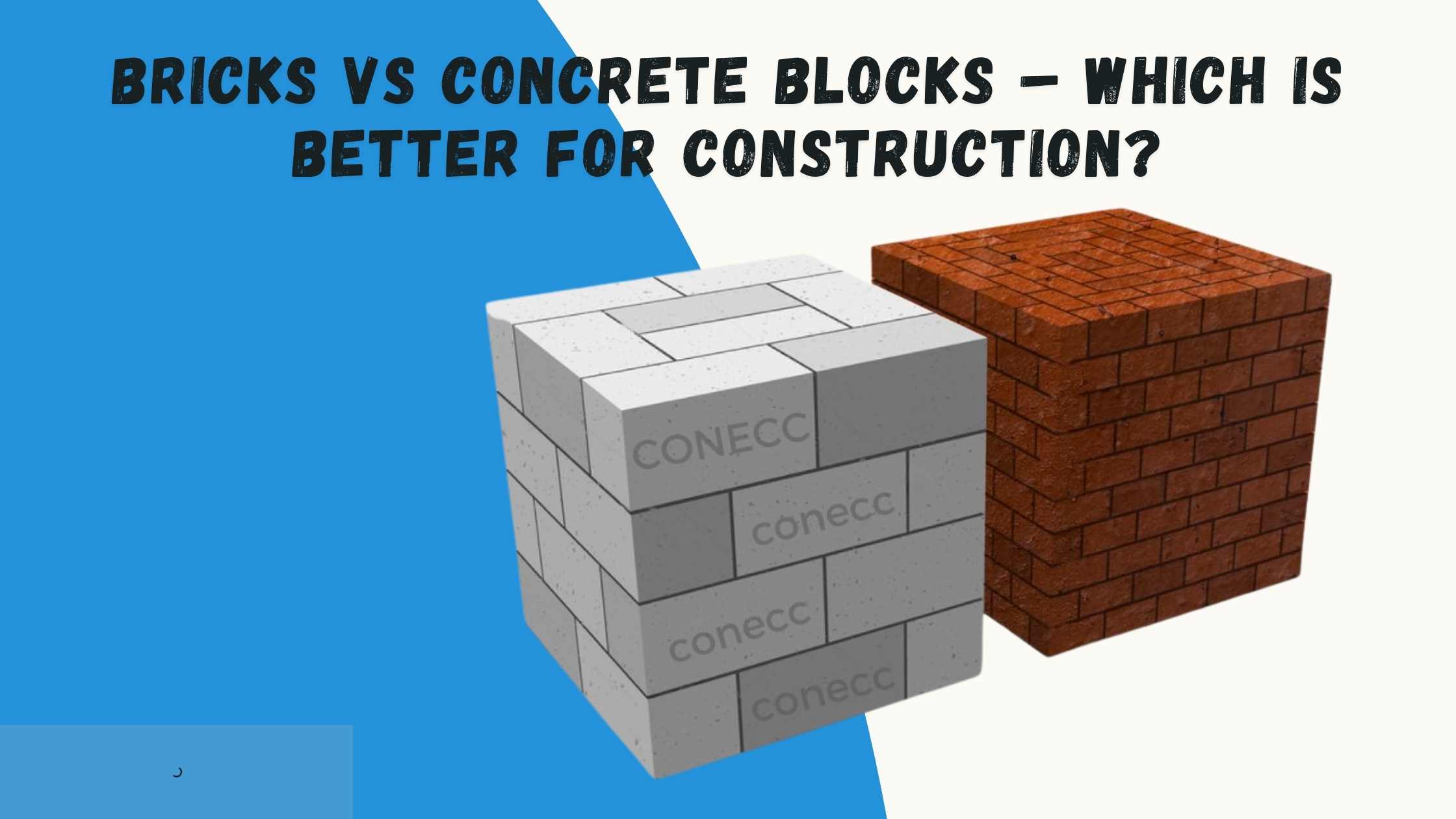Brick vs cement block in construction
Brick vs Cement Block in Construction – Uses, Benefits & Comparison || Choosing Between Bricks and Cement Blocks: Pros, Cons & Cost Analysis || Brick vs Cement Block: Strength, Durability & Which One to Use || Brick vs Cement Block in Building Construction – Complete Guide || Brick vs cement block in construction || Bricks vs blocks comparison || Which is better brick or cement block || Brick vs cement block pros and cons || Advantages of bricks in construction || Advantages of cement blocks in construction || Cost comparison brick vs block || Bricks vs concrete blocks strength || Brick vs block wall durability || Building materials comparison 2025 || Bricks vs Concrete Blocks – Which is Better for Construction? || Bricks vs solid concrete blocks: which is better? || Advantages Of Concrete Blocks Over Bricks
.
.
Difference between bricks and cement block:
Composition:
Traditionally made from clay, bricks undergo firing processes to achieve their final hardened form. Concrete cement blocks, on the other hand, are composed of Portland cement, aggregates, and water. They are manufactured through a moulding process.
Durability:
Bricks, on the other hand, may not pack the same punch in terms of compressive strength, but they are highly durable, standing the test of time.
Concrete blocks, due to their dense composition, offer higher compressive strength. They’re designed to bear the load of multi-story buildings, commercial structures, and even withstand the force of natural disasters like earthquakes.
Compressive strength:
Red bricks have a compressive strength of 3.5 to 35 N/mm². Concrete blocks have a compressive strength of 4 to 5 N/mm² based on the types of cement used in its manufacture.
Cost:
The cost of bricks may vary based on type and production methods, but generally, they can be cost-effective for certain applications. Manufacturing efficiency also makes concrete blocks a cost-effective option, particularly for large-scale construction.
Water resistant and thermal conductivity :
Red bricks work better for colder regions where the goal is to warm up the building during the day and retain the heat during the night and vice versa.
Cement blocks are the opposite, they are naturally better at resisting water, but if they do get wet, they take a lot longer to dry out.
Insulation Properties:
Bricks are natural insulators that provide good thermal and sound insulation. Concrete blocks offer reasonable insulation but may require additional measures for enhanced thermal and sound properties.
Advantages and disadvantages of bricks :
Advantages –
Compressive strength is good enough for ordinary construction.
Bricks can easily be available everywhere in cities or even in rural areas and do not require any kind of heavy transportation, as they are light in weight.
Produces less environmental pollution during manufacturing process.
Disadvantages –
Bricks cannot be used in high seismic and sensitive zones, and the reason we all know, they have less tensile strength.
Bricks can be susceptible to cracking if not handled carefully during construction or if subjected to extreme temperatures.
Uneven surfaces often lead to higher mortar consumption during construction.
Advantages and disadvantages of cement block:
Advantages –
Cement blocks are known for their robust nature and ability to withstand various weather conditions.
Concrete blocks are easier to build and layered, which makes the construction process faster.
Concrete block building is more systematic, faster, and stronger than brick masonry because of the vast size of the blocks.
.
.
disadvantages
Cement blocks may not look appealing when looked at from the outside.
The expense of constructing a residence out of concrete blocks is significantly higher.
Cement block has provide less thermal insulation, which may lead to higher energy costs if additional insulation is not applied.
Bricks and concrete blocks: Which of them is suitable for construction?
When choosing between bricks and cement blocks for construction, certain aspects must be evaluated.Both products have distinctive characteristics.Some of the features are as follows:-
Aesthetic choice
The bricks provide a timeless and traditional aesthetic appeal. Different sizes and shapes allow for intricate designs, contributing to architectural diversity. Concrete blocks come in the same shapes and sizes, providing a more modern look. They are useful for projects that focus on structural uniformity.
Weather resistance
Assess exposure to weather conditions. Both materials are durable, but specific climates may favor one over the other. For example, bricks may weather well under certain conditions, while concrete blocks may be more resistant to moisture.
Ease of construction
Brick labor may be required, especially if the project dictates a complex design. Handling them often requires skilled masonry. The concrete blocks offer ease of construction due to their uniform size. They are useful for projects where efficiency is critical.
.
.
.
.
.
.Stonedge Construction Pvt. Ltd. brings trusted expertise in civil works, interiors, electricals, flooring, and more — all across Assam. Whether it’s your dream home or a commercial space, we’re here to make it happen with quality, care, and professionalism.
👉 Click here to Contact Us

